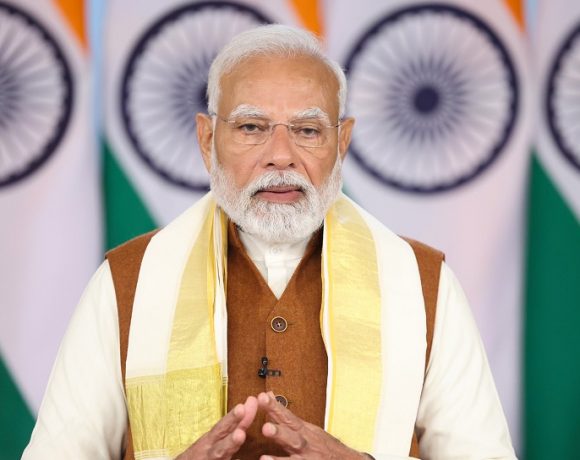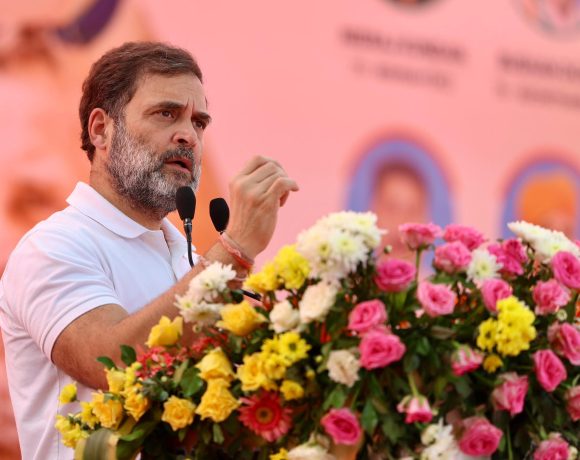
Pakistan Cries ‘Water Warfare’ as India Suspends Indus Treaty
India has suspended the Indus Waters Treaty with Pakistan following the brutal terror attack in Pahalgam, Jammu and Kashmir, where 26 civilians, mostly tourists, lost their lives. The decision marks a dramatic escalation in diplomatic tensions, as India directly links the suspension to Pakistan’s continued harbouring of cross-border terrorism.
The treaty, signed in 1960 under World Bank mediation, had withstood wars, standoffs, and diplomatic breakdowns. It allocated the eastern rivers—Ravi, Beas, and Sutlej—to India, while the western rivers—Indus, Jhelum, and Chenab—were to be used by Pakistan. With this suspension, India has sent a sharp signal that it is willing to reassess long-standing agreements if they are exploited under the shadow of terrorism.
Pahalgam Attack Triggers Diplomatic Blowback
The Pahalgam massacre, carried out by militants affiliated with Kashmir Resistance—a group seen as a proxy for Pakistan-based Lashkar-e-Taiba and Hizbul Mujahideen—was one of the deadliest attacks on civilians since Mumbai 2008. Militants opened fire on a group of unarmed tourists in the Baisaran meadow, in what is widely perceived as a calculated effort to destabilize the region and disrupt India’s internal security.
India’s response has gone far beyond condemnation. Apart from suspending the Indus Waters Treaty, the government has scaled down diplomatic relations with Pakistan, expelled military attaches, halted the SAARC visa exemption facility, and sealed the Attari-Wagah border crossing. The message is clear: there will be no business as usual with a country that provides safe havens for terrorists.
Pakistan’s Meltdown: Accusations of ‘Water Warfare’
Pakistan, unsurprisingly, has responded with dramatic rhetoric, accusing India of launching a ‘water war’. Pakistan’s Energy Minister Awais Leghari condemned the move as “cowardly” and “illegal”, vowing that “every drop is ours by right, and we will defend it with full force—legally, politically, and globally.”
Islamabad has declared it will challenge the suspension internationally, claiming India cannot unilaterally withdraw from a treaty brokered with the involvement of global institutions like the World Bank. Pakistan’s National Security Committee has met to review the developments, and Prime Minister Shehbaz Sharif is expected to announce further retaliatory steps.
Strategic Shift or Symbolic Strike?
While India may not yet possess the infrastructure to divert river flows overnight, the symbolic value of this action is immense. It signals a strategic shift in India’s Pakistan policy—from reactive diplomacy to active deterrence. The suspension of a decades-old water-sharing agreement as a response to terrorism is unprecedented and reveals a broader strategy of using all levers, including water and trade, to raise the costs for Pakistan.
For Pakistan, heavily reliant on the Indus river system for agriculture and daily use, the threat is existential. The pressure is now not just military or diplomatic, but ecological. The narrative of “water warfare” might play well in domestic politics, but the underlying reality is that Pakistan’s dependence on goodwill is now painfully visible.
As international observers call for restraint, India appears in no mood to backpedal. For New Delhi, this is about justice, deterrence, and sovereignty. And for Islamabad, it might be the beginning of diplomatic isolation if it fails to curb the terror infrastructure operating on its soil.


















